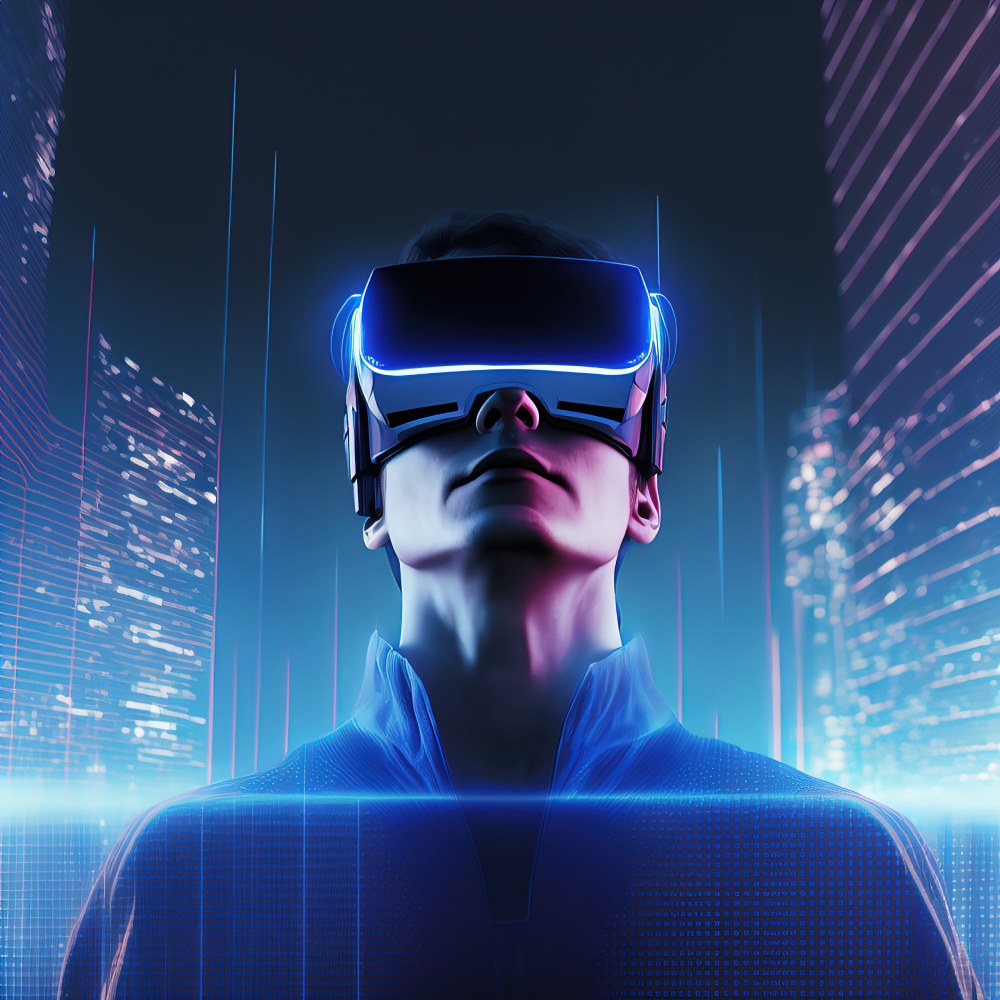The Impact of Artificial Intelligence on the Job Market: Embracing the AI Revolution
Artificial Intelligence (AI) has been a game-changer in many industries, reshaping the landscape of the modern workforce. As AI technologies continue to advance, there is a growing interest in understanding its effects on the job market. In this blog post, we will delve into the impact of AI on the job market and discuss how individuals and businesses can adapt to this rapidly evolving AI revolution.
Understanding AI’s Role in Job Disruption
AI’s rise has led to concerns about job displacement and automation. While it’s true that certain repetitive tasks and roles can be automated, AI is not simply about eliminating jobs. Instead, it is essential to view AI as a tool that augments human capabilities and productivity.
Roles that involve manual data entry, routine customer support, and simple decision-making processes might face automation. However, this disruption creates an opportunity for upskilling and redeployment of the workforce into more strategic and creative roles.
AI Augmentation: Enhancing Human Capabilities
Rather than replacing humans, AI is designed to complement and enhance our abilities. AI can process and analyse vast amounts of data at incredible speed, leading to better decision-making and problem-solving. This augmentation frees up human workers from mundane tasks, allowing them to focus on more meaningful and value-driven work.
In sectors like healthcare, AI assists medical professionals in diagnosing diseases and recommending personalized treatment plans. In marketing, AI helps target specific customer segments and optimize ad campaigns for better results. The synergy between AI and human intelligence results in a more efficient and innovative workforce.
Emerging AI-Centric Job Opportunities
The rapid growth of AI has sparked a surge in demand for skilled professionals in AI and related fields. Jobs like AI engineers, data scientists, machine learning specialists, and AI ethicists have become increasingly vital in today’s job market.
AI engineers and data scientists are responsible for developing and implementing AI models, while machine learning specialists focus on improving AI algorithms. Additionally, AI ethicists play a crucial role in ensuring that AI technologies are developed and deployed ethically, addressing concerns related to bias and fairness.
The Need for Continuous Learning and Adaptation
As AI technologies evolve, the job market undergoes continuous change. To remain relevant and employable, individuals must embrace continuous learning and adaptability. Upskilling and reskilling programs can help workers acquire the necessary skills and knowledge to thrive in an AI-driven job market.
Moreover, businesses should invest in employee training to equip their workforce with the skills needed to work alongside AI systems effectively. Fostering a culture of learning and innovation within the organization will enable companies to embrace AI’s potential fully.
Ensuring Ethical and Inclusive AI Adoption
Responsible AI development requires a strong emphasis on ethics and inclusivity. AI systems must be designed with diverse perspectives to avoid bias and discrimination. It is crucial to promote diversity in AI teams to ensure that AI technologies benefit everyone in society.
The impact of AI on the job market is a topic that continues to generate discussions and debates. While some roles may be displaced, AI offers immense potential for augmentation and creating new job opportunities. Embracing AI as a tool to enhance human capabilities and fostering a culture of continuous learning will be key to navigating the AI revolution successfully. By developing and deploying AI technologies responsibly and inclusively, we can harness the power of AI to create a brighter and more prosperous future for the job market.

